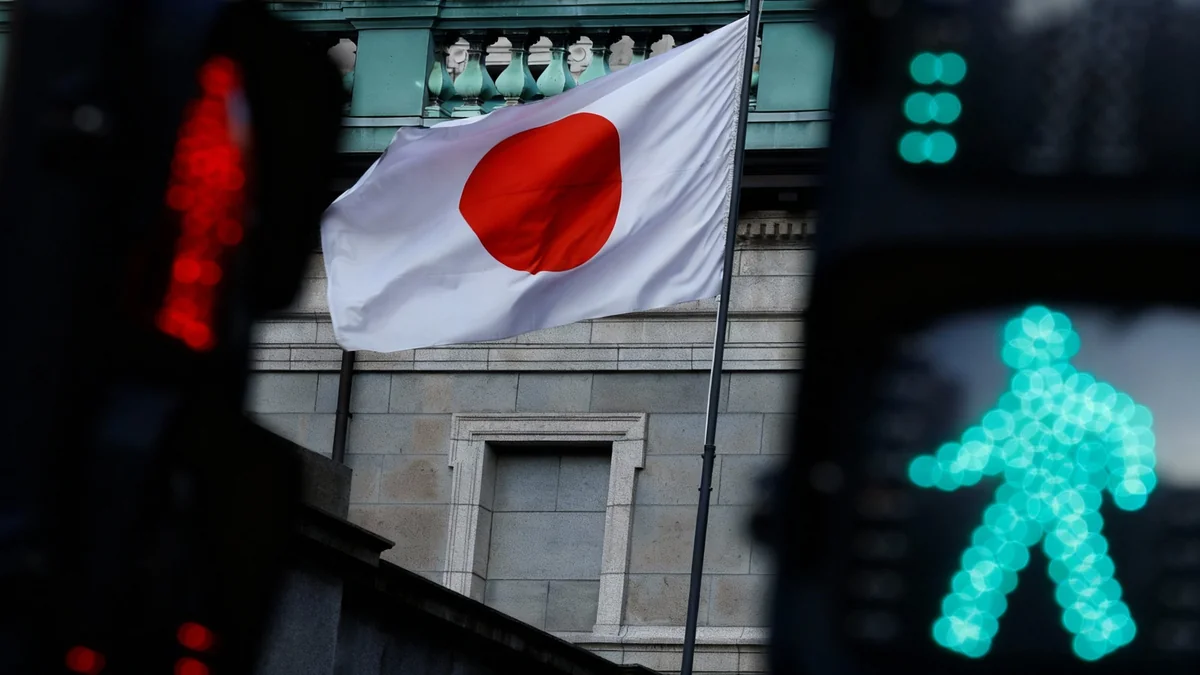In a significant policy shift that could reshape sovereign asset management, political factions in France and Germany have put forward proposals to establish national Bitcoin reserves. The separate initiatives, emerging from two of Europe's largest economies, signal a growing consideration of digital assets as a tool for monetary sovereignty and a hedge against economic instability.
France's plan is notably ambitious, outlining a multi-year strategy to acquire 420,000 BTC. Germany's motion focuses on using Bitcoin as a safeguard against inflation, drawing parallels to the traditional role of gold in state treasuries.
Key Takeaways
- Political parties in France and Germany have introduced formal proposals to add Bitcoin to their national reserves.
- France's proposal details a plan to accumulate 420,000 BTC over seven to eight years, equivalent to about 2% of Bitcoin's total supply.
- Germany's motion positions Bitcoin as a strategic hedge against inflation and a tool to enhance monetary independence from the European Central Bank.
- These moves could trigger a broader trend among G20 nations, potentially impacting Bitcoin's supply and market valuation.
The French Proposal: A Detailed Blueprint for a Digital Treasury
The French initiative, championed by Éric Ciotti of the Union de la Droite Républicaine (UDR) party, presents a comprehensive and detailed strategy for building a state-held Bitcoin reserve. The plan aims to accumulate 420,000 BTC between 2025 and 2032, a quantity that would make France the world's largest sovereign holder of the digital asset.
To minimize market volatility, the proposal suggests a dollar-cost averaging approach to acquisitions. The funding for this large-scale purchase would come from several innovative sources.
Funding a Digital Future
The plan outlines four primary channels to finance the Bitcoin accumulation:
- Public Mining Operations: Utilizing surplus energy from France's extensive nuclear and hydroelectric power infrastructure to mine Bitcoin directly.
- Retention of Seized Assets: Instead of liquidating judicially seized Bitcoins, the government would add them to the national reserve.
- Savings Account Allocations: A portion of daily inflows from popular national savings accounts, the Livret A and LDDS, would be used for Bitcoin purchases, potentially amounting to around €15 million per day.
- Tax Payments in Bitcoin: Citizens would be given the option to pay their taxes using Bitcoin, creating a direct and organic inflow of the asset to the state.
The core objective is to create a reserve of "digital gold" that reduces the nation's reliance on the U.S. dollar and modernizes its financial strategy within the European Union.
Germany's Inflation Hedge Strategy
In Germany, the Alternative für Deutschland (AfD) party has introduced a motion suggesting the government explore a national Bitcoin strategy. While less detailed than the French plan, its rationale is clear: to use Bitcoin as a hedge against persistent inflation and the weakening euro.
The German proposal draws a direct comparison between Bitcoin and gold, citing the cryptocurrency's decentralized nature and predictable, finite supply as key attributes for a reserve asset. The motion frames the move as a step toward greater monetary sovereignty and a way to insulate the national balance sheet from systemic financial shocks.
Why Now? The Geopolitical and Economic Drivers
The timing of these proposals is not accidental. Both nations are contending with significant fiscal pressures, ongoing energy challenges, and currency volatility within the eurozone. For some policymakers, Bitcoin represents a potential tool for financial autonomy in an increasingly uncertain global landscape. The initiatives reflect a desire to reduce dependence on the European Central Bank and assert more direct control over domestic financial policy.
The Broader Implications for Europe and Global Markets
These parallel proposals could mark the beginning of a European "Bitcoin reserve race," fundamentally altering how nations view and manage their wealth. For decades, gold has been the primary non-fiat asset held by central banks. The introduction of Bitcoin into this equation challenges that long-standing convention.
"The core thesis of Bitcoin is being confirmed," stated Anna, a crypto analyst at Sovereign Stash. "The world is slowly rotating toward scarcity, ownership, and sovereignty."
If France were to execute its plan, its holdings of 420,000 BTC would be valued at over $25 billion at current prices. This would be equivalent to approximately 15% of the country's current gold reserves, a substantial allocation for any sovereign nation.
Potential Market Impact
The strategic accumulation of Bitcoin by major world economies could have a profound effect on the market. If other G20 nations were to follow suit, allocating even 1-2% of their reserves to Bitcoin, it could absorb millions of coins from the available supply. This reduction in circulating supply could, in turn, act as a significant catalyst for a long-term revaluation of the asset.
Navigating the Risks and Looking Ahead
Despite the strategic appeal, adopting Bitcoin as a reserve asset is not without challenges. Governments would need to address significant concerns, including:
- Market Volatility: Bitcoin's price is notoriously volatile, which could create instability on a national balance sheet.
- Custody and Security: Securing a multi-billion dollar digital asset portfolio from cyber threats is a monumental task requiring state-of-the-art security protocols.
- Political Perception: Convincing the public and traditional financial institutions of the merits of holding an asset often associated with speculation presents a political hurdle.
Despite these risks, the conversation is clearly shifting. A recent report from Deutsche Bank predicted that Bitcoin would likely coexist with gold on central bank balance sheets by 2030. The proposals from France and Germany may be the first concrete steps toward making that prediction a reality, marking a pivotal moment in the integration of digital assets into the global financial system.





